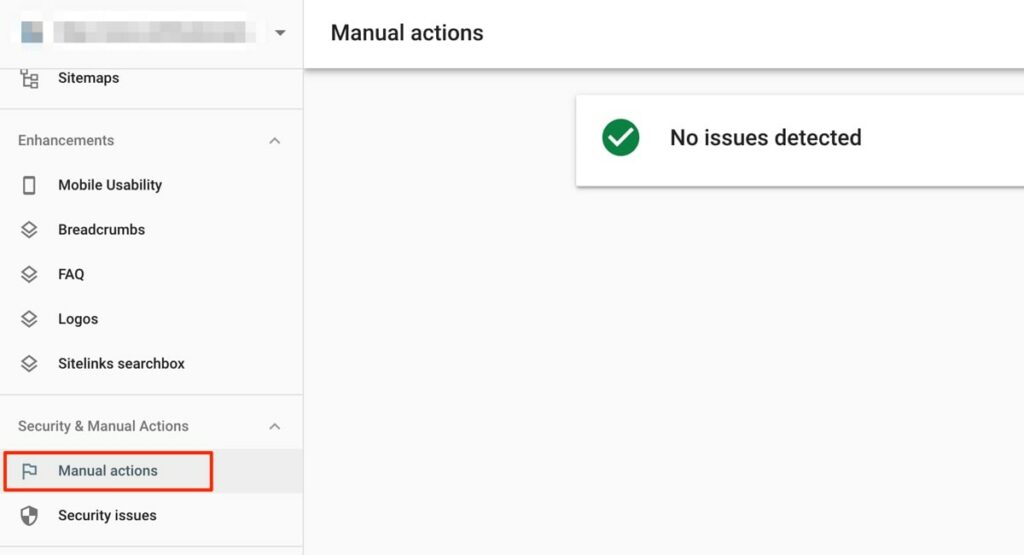SEO penalties: What you need to know

Let’s embark together on a journey through time, recalling those days when the internet was in its infancy. Do you remember?
Tabla de contenidos
A Brief History of SEO
From the earliest websites to today, SEO has been the backbone allowing pages to stand out in search engines. Before, it was as simple as repeating a keyword, but now, the game has changed drastically.
The Importance of SEO Today
Today, online visibility can make the difference between the success and failure of a business. Did you know that over 90% of users only view the first page of search results? That’s why you can’t afford to be on the second page. It’s like being lost in the digital desert!
What is an SEO Penalty?
Imagine you are running a marathon, but suddenly someone puts shackles on your ankles. SEO penalties are those chains that halt your progress in search rankings. They are punishments imposed by search engines when they detect you’ve done something “wrong.”
SEO penalties are sanctions that Google applies to a website for violating its guidelines. These guidelines are designed to ensure that search results are relevant, useful, and of high quality for users.
Types of SEO Penalties
Manual Penalty: This occurs when a human reviewer from Google detects that your website does not comply with the established guidelines. Yes, there are people watching! From Search Console, you can see if you’ve been manually penalized.

Algorithmic Penalty: Unlike the manual, this is automatic and is due to changes in Google’s algorithms. It’s like an earthquake in the digital world; you never know when it’s coming, but you need to be prepared.
Known Google Algorithms for Penalties
- Panda: This algorithm focuses on low-quality content. Google penalizes websites that contain duplicate, uninformative, or misleading content.
- Penguin: This algorithm focuses on poor link-building practices. Google penalizes websites that receive incoming links from low-quality or irrelevant websites.
- Medic: This algorithm focuses on websites that do not comply with Google’s guidelines for medical content. Google penalizes websites that contain erroneous or misleading medical information.
- BERT: This algorithm uses machine learning to understand the context of content. Google uses BERT to detect content that is misleading or manipulated.
Common Causes of Penalties
- Duplicate content: Google considers duplicate content to be of low quality and it can harm the user experience.
- Low-quality content: Google also penalizes content that is not relevant, useful, or informative for users.
- Poor link-building practices: Incoming links from low-quality or irrelevant websites can harm a website’s ranking.
- Deception: Google penalizes content that is deceptive or fraudulent.
- Other malicious practices intended to deceive the search engine. (black hat techniques)
How to Identify Google Penalties
- A sudden drop in search traffic
- A change in keyword ranking

Steps to Recover from a Penalty
All is not lost! With determination and strategy, you can overcome this.
If it’s manual: Identify what penalized you, fix it, and ask them to re-crawl your site from Search Console.
If it’s algorithmic: Identify what penalized you and if you have fixed it, you will grow again in the next update. (Although often, if it’s a strong penalty, the domain doesn’t recover and remains “marked”)
Tips to Avoid Future Penalties
- Produce original content that provides extra value in the search engine.
- Avoid Black Hat tactics (cheating). * Link to Google’s official documentation
- Stay informed about Google updates. * Link to Google’s updates
Conclusion: The Importance of a Clean SEO Strategy
Just like in life, in SEO it’s better to do things right from the start. A clean and ethical strategy not only protects you from penalties but also builds a strong image for your brand. Want to succeed online? Do it right!
Frequently Asked Questions
- How long does an SEO penalty last?
- It depends on the type and severity, but it can range from weeks to months.
- Is SEO only for Google?
- Although Google is the dominant search engine, SEO also applies to others like Bing or Yahoo.
- Will SEO change in the future?
- Absolutely! SEO is dynamic and changes with trends and technological updates.


